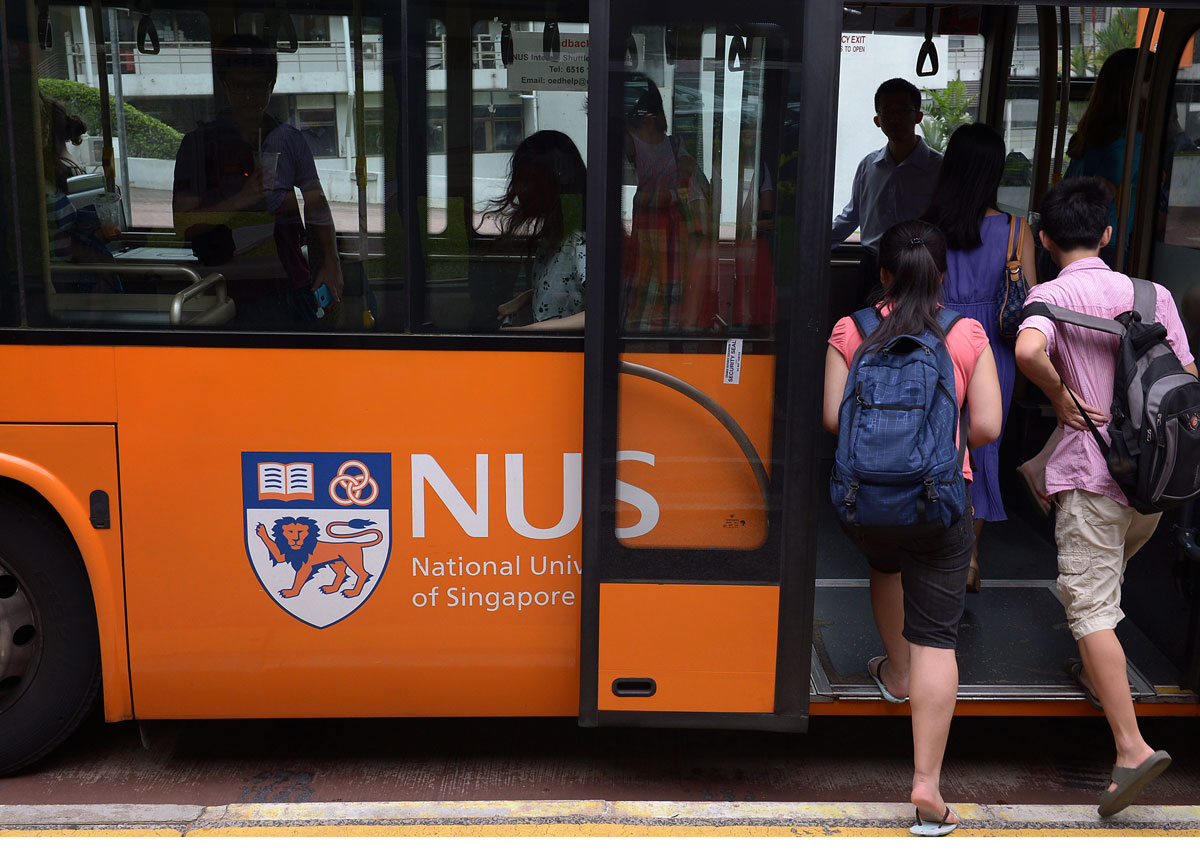THE National University of Singapore (NUS) cast a wider net last year to admit students through a scheme that looks at talent and not just grades.
It interviewed a record 1,600 students last year under the discretionary admission scheme, where students who fall short of the entry score for a course are considered on attributes such as leadership or entrepreneurial skills or talent in the arts and sports.
NUS admitted 670 of them – 10 per cent of the 2015 cohort and the maximum allowed by the Ministry of Education (MOE) under the scheme. The year before, it interviewed 1,200 students and took in 600 under the scheme.
All local universities have discretionary admission schemes.
In January, MOE said tertiary institutions will place greater emphasis on holistic selection practices for admissions. MOE officials had also signalled that there is room to admit more students through the discretionary admission scheme.
In an interview with The Straits Times, NUS’ vice-provost for undergraduate education Bernard Tan stressed, however, that applicants considered through the discretionary process still need good grades. He said: “At the end of the day, we have to be sure that they will be able to take the rigours of a degree programme. Generally, they are only short of a few points.”
He explained why NUS was giving more students a chance to be considered under the scheme.
“Academic grades can only tell you so much about a student,” he said. “Through the personal essays and interviews we use for the discretionary admission process, we are able to better assess their interests and aptitude for a particular field. Or if they have a talent, such as in the arts or sports, that will add to the vibrancy of the NUS student body,” he added.
He said admitting as much as 10 per cent of the places through the discretionary scheme has helped the university inject more diversity into its student body.
While NUS did not provide figures, the increased diversity is evident in its most competitive faculties such as law and medicine. These have in recent years accepted more students from polytechnics and students from a wider range of junior colleges.
Professor Tan said students benefit: “Being exposed to people with different perspectives not only enhances their education but also prepares them for working life, which often requires them to relate to a diverse group of people.”
Industrial design student Jon Chan Hao, 23, who secured a place through the discretionary admission scheme, said he is glad that NUS has such a scheme.
His grades were not good enough but he got a place by writing about his strengths in co-curricular activities, especially canoeing, he added.
sandra@sph.com.sg

Get MyPaper for more stories.






